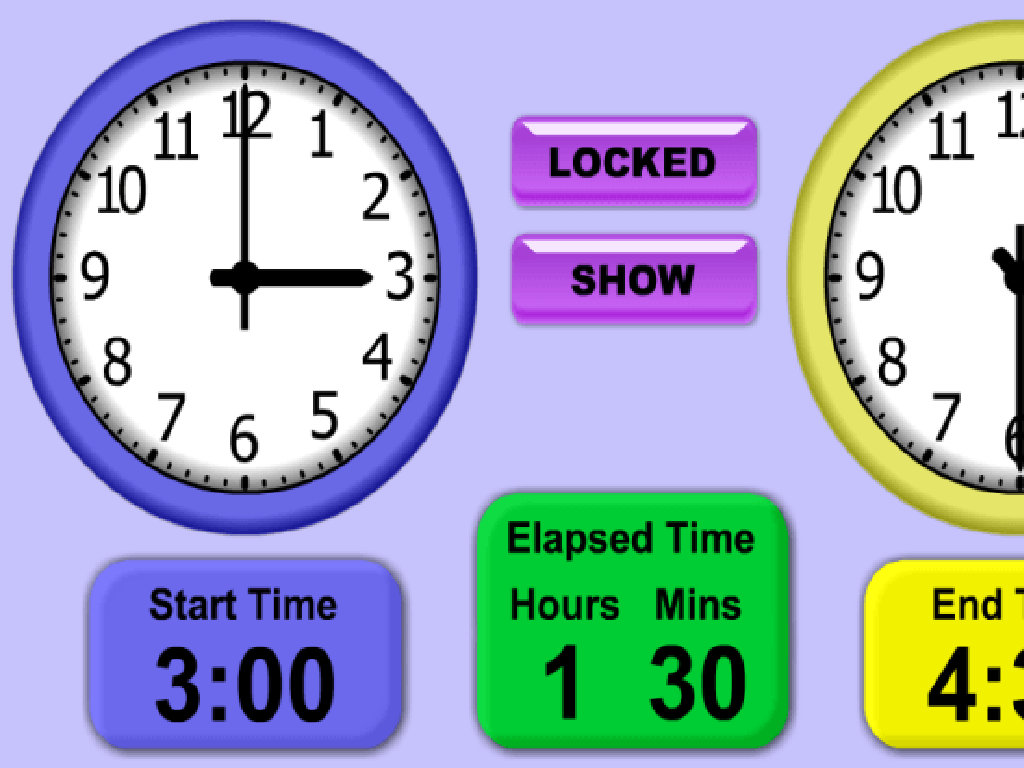Purposes Of Government
Subject: Social studies
Grade: Eighth grade
Topic: Government
Please LOG IN to download the presentation. Access is available to registered users only.
View More Content
Introduction to Government: Its Purpose and Forms
– Explore the role of government
– Governments provide structure and order in society.
– Discover various government types
– Monarchy, democracy, and dictatorship are a few examples.
– Discuss the necessity of government
– Governments protect citizens and manage resources.
– Reflect on government impact
|
This slide introduces students to the concept of government and its fundamental role in society. Begin by discussing the purpose of government, emphasizing its responsibility for creating laws, providing safety, and ensuring the welfare of its citizens. Explore the different types of governments that exist around the world, such as monarchies, democracies, and dictatorships, and how they differ in their approach to governance. Engage students in a conversation about why government is essential, covering aspects such as protection of rights, maintenance of order, and management of public services and resources. Encourage students to think about how government affects their daily lives and the lives of people in different countries. This will set the stage for a deeper dive into the functions and responsibilities of government in subsequent lessons.
Purposes of Government
– Maintain social order
– Governments establish laws to create a peaceful society.
– Provide public services
– From roads to schools, governments offer essential services.
– Ensure national security
– Protecting citizens from external threats is a key role.
– Make economic decisions
– Governments influence the economy through policies and regulations.
|
This slide introduces students to the fundamental purposes of government. It’s crucial to explain that maintaining social order involves creating and enforcing laws that allow people to coexist peacefully. Providing public services includes everything from education and infrastructure to emergency services and public parks. Ensuring national security is about protecting a country’s citizens from external threats, which can include military defense and intelligence services. Making economic decisions involves regulating and guiding the economy through fiscal and monetary policies, taxation, and resource allocation. Encourage students to think of examples of each purpose in their daily lives and discuss how these government actions impact them personally.
Maintaining Social Order
– Laws as pillars of social order
– Laws prevent chaos, enabling a structured society.
– Courts and law enforcement roles
– Courts adjudicate disputes; law enforcement upholds laws.
– Traffic laws ensure safety
– Traffic laws prevent accidents and facilitate safe travel.
– Example: Stop signs regulate flow
– Stop signs are used to assign right of way at intersections.
|
This slide focuses on the critical role of government in maintaining social order through the creation and enforcement of laws. Laws are essential for preventing disorder and chaos, allowing society to function smoothly. The judicial system, including courts, interprets laws, while law enforcement agencies ensure these laws are followed. Traffic laws serve as a relatable example, demonstrating how rules like speed limits and stop signs are designed to prevent accidents and ensure the safe and orderly flow of traffic. Discuss how without such laws, the risk of collisions would increase, and the overall safety of the community would be compromised. Encourage students to think of other examples where laws help maintain order in their daily lives.
Providing Public Services
– Definition of Public Services
– Services provided by government for community benefit, like education and sanitation.
– Examples of Public Services
– Schools, libraries, transportation, emergency services like fire and police departments.
– Public Services in Daily Life
– Consider how often you use public transportation or visit the library.
– Significance of Public Services
– These services are crucial for societal well-being and safety.
|
This slide aims to explain the concept of public services and their relevance to students’ everyday lives. Public services are essential services provided by the government to improve community welfare and include education, healthcare, sanitation, public safety, and transportation. Discuss examples like public schools, libraries, and emergency services to illustrate the point. Emphasize the importance of these services in maintaining a functional society and ensuring the well-being and safety of its members. Encourage students to think about the public services they use every day and how these services enhance their quality of life.
Ensuring National Security
– Defining National Security
National Security means protecting a country’s citizens, economy, and institutions.
– Government’s Protective Measures
Governments implement laws, diplomacy, and alliances to safeguard the nation.
– Military & Intelligence Roles
The military defends against external threats, while intelligence services prevent espionage and terrorism.
– National Security’s Importance
|
This slide aims to explain the concept of national security and its significance in the role of government. National security involves protecting a nation’s citizens and their way of life, which is a primary purpose of any government. Discuss how the government employs various strategies such as legislation, international relations, and security measures to protect its sovereignty and people. Highlight the military’s responsibility for defense and the intelligence services’ role in information gathering and counterintelligence. Emphasize the importance of these entities in maintaining the safety and security of the nation. Encourage students to think critically about current events related to national security and how they affect their daily lives.
Government’s Role in Economic Decisions
– Government’s influence on economy
Governments make laws that regulate the economy, control currency, and provide services.
– Taxes and economic stability
Taxes fund public services and infrastructure, contributing to a stable economy.
– Importance of balancing budgets
Governments must balance income and expenses to prevent debt and ensure economic health.
– Promoting trade and growth
Trade agreements and policies are established to increase economic prosperity.
|
This slide aims to explain the various ways in which government is involved in making economic decisions. Students should understand that the government’s role includes regulating the economy, managing the nation’s currency, and providing services that affect economic activity. Taxes are essential for maintaining public goods and services, which in turn support economic stability. Balancing budgets is crucial for the government to avoid excessive debt and maintain a healthy economy. Lastly, promoting trade through various agreements and policies can lead to economic growth and development. Encourage students to think of examples where government economic decisions have directly affected their lives or their community.
Class Activity: Government Role-Play
– Divide into groups, assume government roles
– Choose a public service project
– Discuss your project’s purpose
– Consider how your project benefits the community
– Justify its alignment with government roles
– How does it reflect the responsibilities of a government?
|
This activity is designed to help students understand the practical applications of government roles and responsibilities. By dividing the class into groups and assigning them different government roles, they will engage in a simulation that requires them to think critically about how governments decide on public service projects. Each group will need to choose a project, discuss its purpose, and present how the project serves the community, aligning with the purposes of government such as protecting the community, providing public services, and supporting economic prosperity. Teachers should guide the students to ensure that the projects are realistic and that the students can articulate the connection between their project and the broader purposes of government. Possible roles include mayor, city council members, or other local government officials. Encourage creativity and critical thinking.
Reflecting on Government Purposes
– Recap government purposes
– Open floor for questions
– Discuss community contribution
– How can we support laws or participate in local government?
– Encourage civic engagement
– Volunteering, staying informed, and voting are ways to contribute.
|
This slide aims to summarize the key points discussed about the purposes of government and to engage students in critical thinking about their role in governance. Start by recapping the main purposes of government, such as maintaining order, providing services, and protecting the citizenry. Then, invite students to ask any lingering questions they might have, fostering an open dialogue. Encourage them to think about how they can actively contribute to their community and the government. Discuss the importance of civic duties like volunteering, staying informed about local issues, and participating in elections. This will help students understand that they have a role to play in the functioning and improvement of their government.






